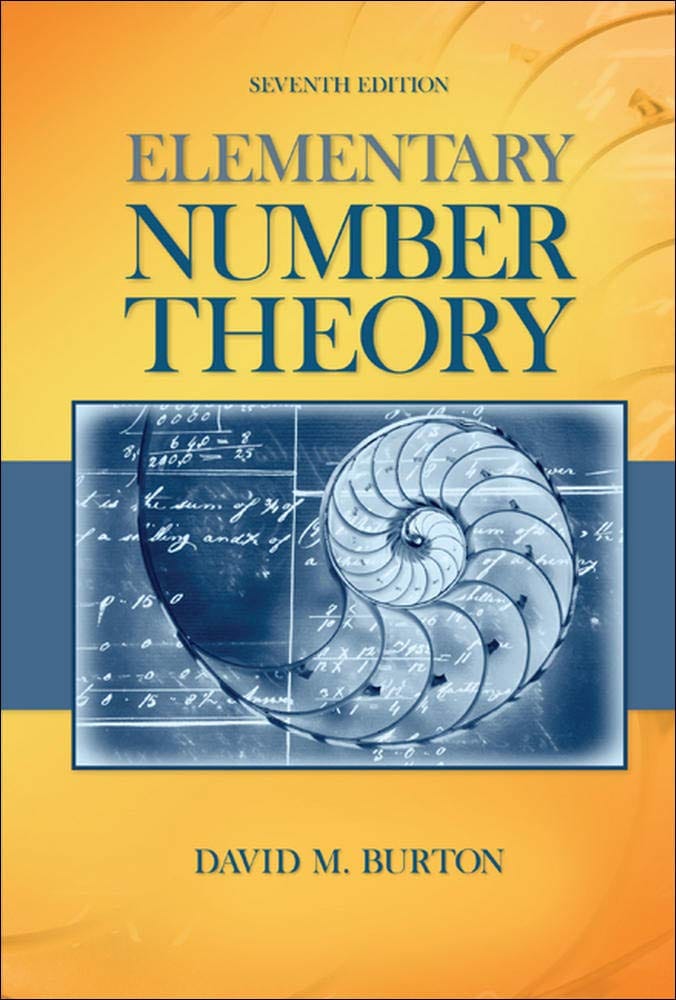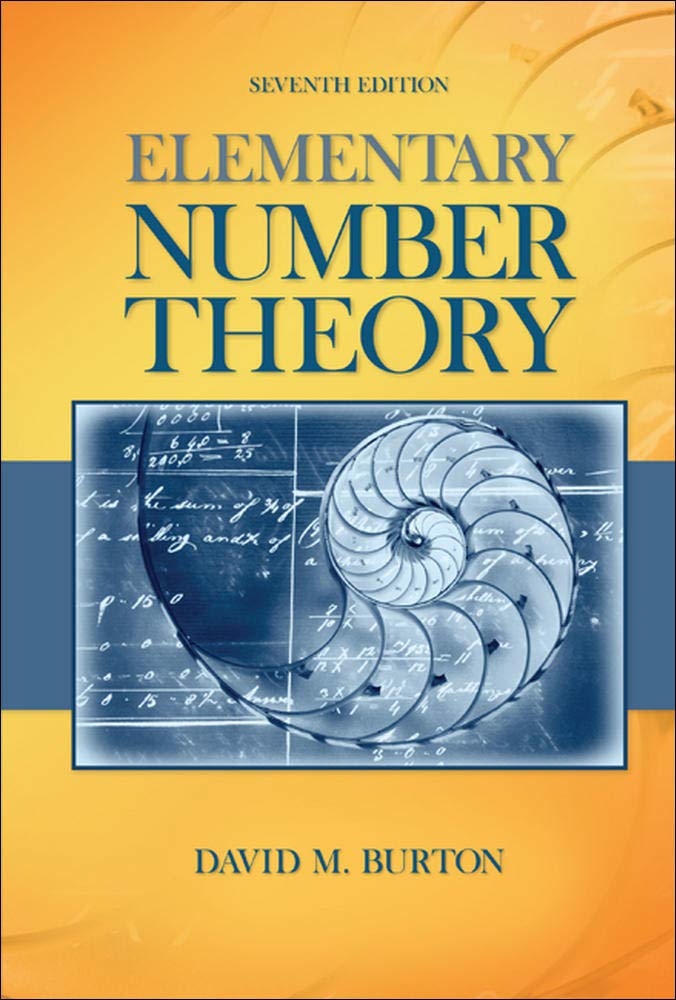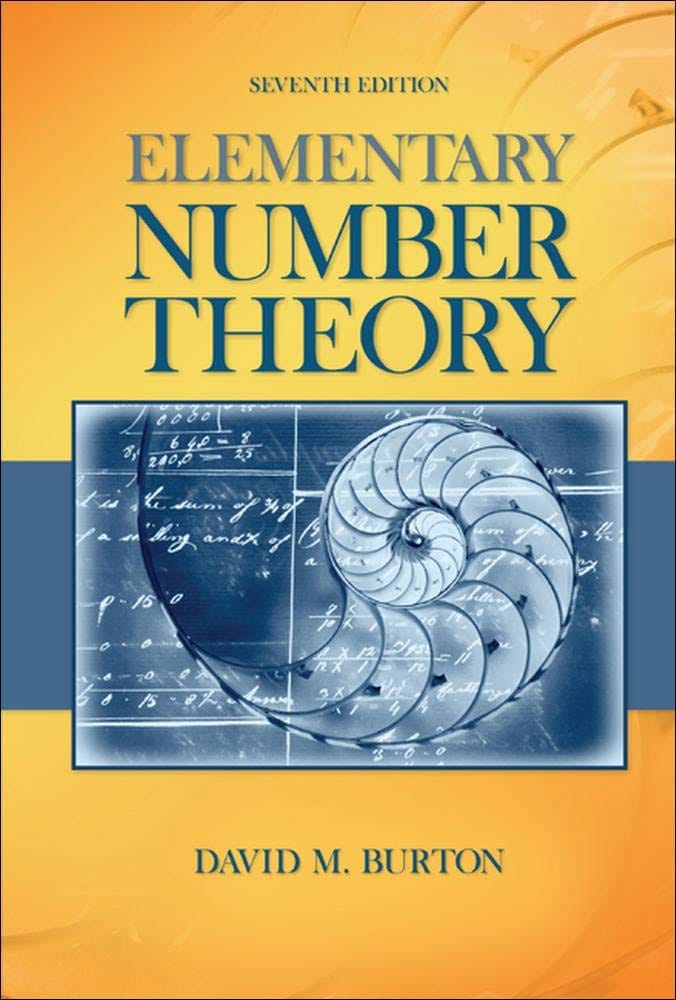
Elementary Number Theory Problems 4.2 Solution (David M. Burton's 7th Edition) - Q14
My Solution for "Give an example to show that $a^{k} \equiv b^{k} \pmod {n}$ and $k \equiv j \pmod {n}$ need not imply that $a^{j} \equiv b^{j} \pmod {n}$."
Background
All theorems, corollaries, and definitions listed in the book's order:

I will only use theorems or facts that are proved before this question. So, you will not see that I quote theorems or facts from the later chapters.
Question
Give an example to show that $a^{k} \equiv b^{k} \pmod {n}$ and $k \equiv j \pmod {n}$ need not imply that $a^{j} \equiv b^{j} \pmod {n}$.
Solution
The rest is for Premium Members only
SubscribeAlready have an account? Log in

